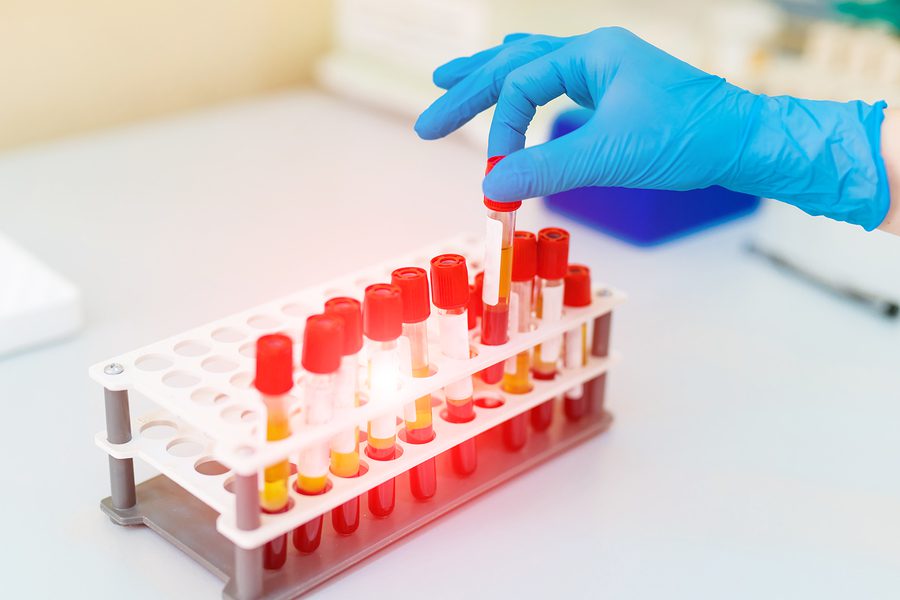
Medical labs are in the spotlight during the COVID-19 pandemic. We all need information about the virus – who has it, where it came from and, importantly, how to treat it. Laboratory professionals and pathologists are tasked with developing rapid testing methods, deploying tests nationwide, and marshalling test results in the all-hands-on-deck approach to flattening the curve and caring for the nation. In general, experts suggest that medical labs contribute in three important ways during wide-spread viral outbreaks:
- Etiological diagnosis – conducting studies to determine one or more factors that come together to cause the illness.
- Patient monitoring – clinical and sometimes remote monitoring of health variables.
- Epidemiologic surveillance – the systematic collection, analysis and dissemination of health data for the planning, implementation, and evaluation of public health programs.
In general, outside of pandemics, lab results collected by clinicians nationwide and stored across the health ecosystem contain important health data for patients, their relatives, and for public health officials. Currently, medical lab record retention requirements range from 2-5 years for most records, but there are variables for specific medical labs, such as bone marrow specimens that must be retained for 10 years. eDiscovery requirements often extend longer than medical record retention requirement as well. It’s plausible that medical lab records from COVID-19 will also have an extended retention policy as pandemic research continues.
The medical data in lab results and reports contains information that can help shape future healthcare directions. Laboratory information systems (LIS) such as Sunquest, HCLL, Wellsky, and Mediware carry that responsibility. As these and other lab systems get replaced, evaluating how much and what sort of legacy lab data will migrate to the go-forward system is a critical step. And, for the data left behind, it will be necessary to determine a legacy data management strategy. An active archive provides a secure, searchable, long-term option for historical lab and blood bank records.
Ranked #1 in the 2020 Best in KLAS Software & Services Report as a Category Leader in Data Archiving, and awarded the 2020 top EHR Data Archiving Company, including Data Extraction and Migration, according to Black Book™ Rankings, a division of Black Book™, Harmony Healthcare IT can help your team with a Medical Lab record retention guide to successfully plan a long-term strategy for your laboratory records and systems. As interoperability, eDiscovery, and public health initiatives continue to stretch the long-term needs of lab results and reports, your strategy to effectively manage this key information may need a refresh.
Ready to talk laboratory system legacy data management?






